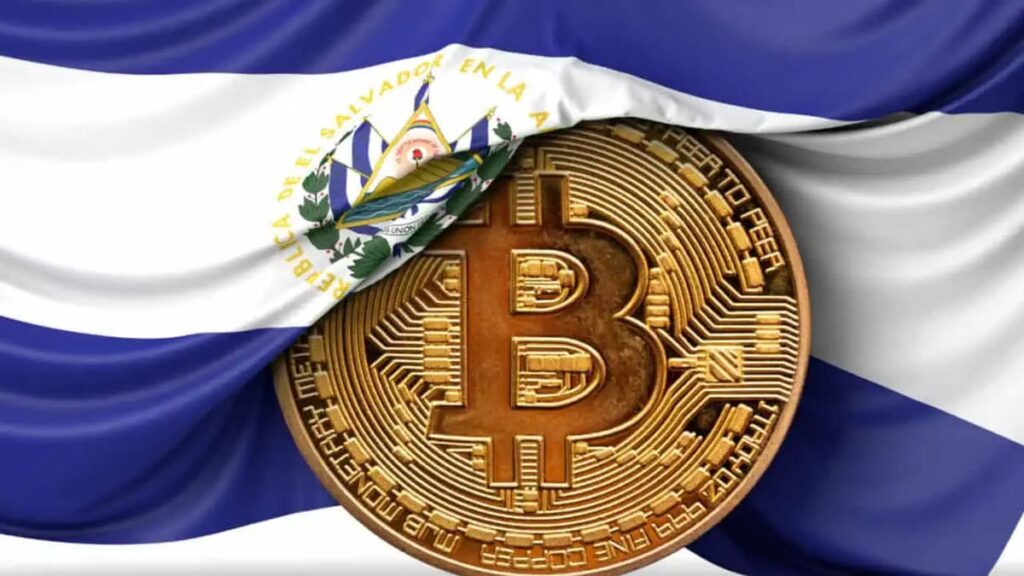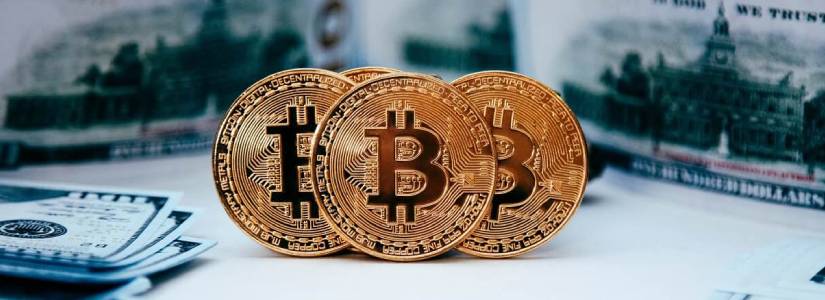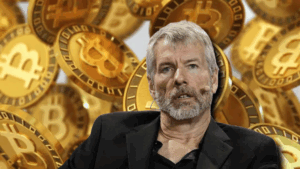TL;DR
- Limited Economic Impact: El Salvador has seen a minimal economic impact from Bitcoin. Cryptocurrency remittances account for less than 1% of the market, and only $6.6 million has been converted into BTC.
- Low Public Adoption: Despite President Bukele’s pro-BTC policy, cryptocurrency adoption among Salvadorans remains low. 71.1% of the population believes that Bitcoin has not improved their economic situation.
- Visibility Benefits: Although actual adoption is limited, the strategy has improved the country’s international visibility and attracted investment and tourism, according to Bukele.
In September 2021, El Salvador became the first country to adopt Bitcoin as legal tender. In the following years, the country experienced a series of mixed reactions regarding its innovative economic policy. Despite President Nayib Bukele’s bold approach and his efforts to position the country as a proponent of the crypto economy, the results so far have been moderately positive in terms of economic impact and public adoption.
According to a recent report from the Latin American Financial Action Task Force (GAFILAT), Bitcoin has not had a significant impact on El Salvador’s economy. The analysis details that BTC adoption among the population has been low. Cryptocurrency remittances represent less than 1% of the market.
Bitcoin and El Salvador: Low Adoption and Minimal Capital
The Salvadoran financial system has converted only $6.6 million into BTC, a figure that stands in stark contrast to the more than $17 billion managed by the 12 largest banks in the country. GAFILAT also states that most Bitcoin transactions are limited and there is a persistent preference for the U.S. dollar.
What Were the Benefits?
President Bukele admitted that Bitcoin adoption has not met initial expectations, although he continues to defend the policy as a success in terms of visibility and attracting investment. Bukele noted that despite the challenges, the initiative has managed to attract global attention and has benefited the country in terms of branding and tourism, though actual adoption among citizens remains limited.
A survey conducted by the Institute of Public Opinion (Iudop) revealed that 71.1% of Salvadorans believe Bitcoin has not improved their family economic situation. This lack of popular support reflects a consistent gap between government expectations and the reality on the ground. Technical barriers, such as limited internet access and smartphones, along with distrust in Bitcoin’s volatility and limited cryptocurrency knowledge, have contributed to slower adoption than anticipated.
Fostering the Debate on Bitcoin and Cryptocurrencies
Despite the challenges and criticism, El Salvador’s strategy has sparked debate about the effectiveness and purpose of Bitcoin. While some view its adoption as a marketing tactic to enhance the country’s international image, others argue that efforts to promote financial education and integrate cryptocurrencies remain crucial for the nation’s economic future.
El Salvador’s experience should be addressed in all its complexity. Implementing innovative financial technologies at a national level is a challenge that requires hard work and years of development. For now, the country must continue working on deepening knowledge about blockchain technology and Bitcoin in general, while promoting its multiple uses.












